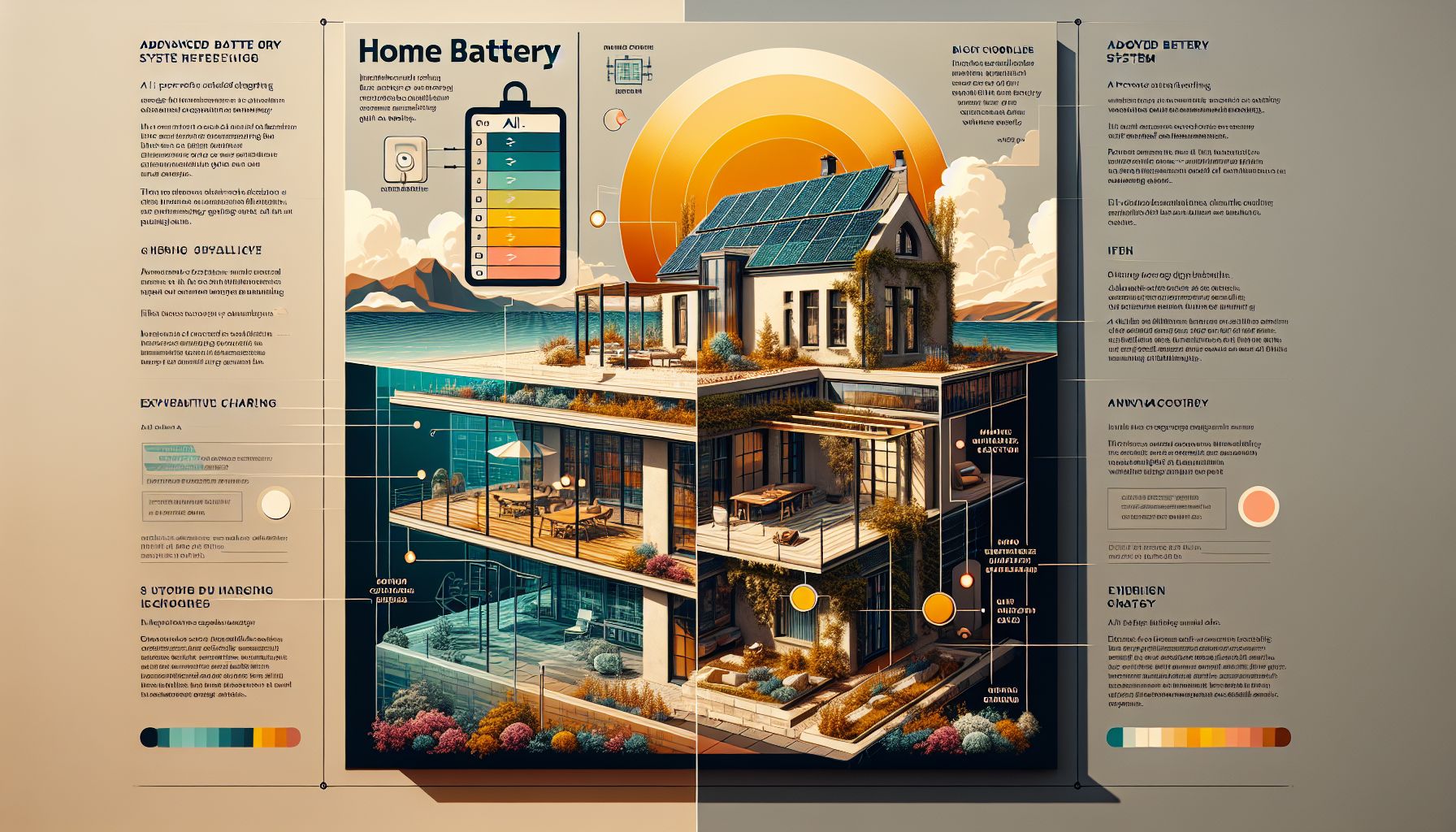Smart Home Batteries Get Grid-Friendly Update to Prevent Peak Hour Strain

Zwolle, Thursday, 28 November 2024.
Dutch company Zonneplan introduces Gridguard technology for home battery systems, preventing charging during evening peaks and sunny afternoons when the grid is saturated. This AI-powered solution, proven effective in trials with Liander, represents a significant advancement in grid stability management and efficient energy usage.
Enhancing Grid Stability
As the demand for electricity continues to climb, innovations like Zonneplan’s Gridguard technology have become increasingly vital. By preventing home batteries from charging during peak hours in the evening and discharging during sunny afternoons, Zonneplan’s system addresses the challenge of grid overload. This initiative not only supports grid stability but also aligns with broader efforts to manage energy more sustainably. The Gridguard technology is an addition to the company’s existing Powerplay system, which utilizes artificial intelligence to optimize energy production and consumption, ensuring efficient use of solar energy[1].
The Role of Demand Side Management
Zonneplan’s Gridguard technology is an example of effective demand-side management (DSM), a strategy that shifts energy consumption away from peak periods. DSM methods, such as dynamic demand and distributed energy resources, play a crucial role in balancing energy supplies and reducing greenhouse gas emissions[3]. By integrating DSM strategies, Zonneplan’s system helps to minimize the strain on the grid, avoiding the need for new power plants and contributing to a reduction in carbon emissions[3].
Proven Effectiveness Through Trials
In collaboration with Liander, a Dutch energy provider, Zonneplan conducted trials to test the efficacy of the Gridguard system. These trials demonstrated that home batteries rarely charged during evening peaks, confirming the system’s effectiveness in offering additional security and reliability for grid management. This partnership highlights the potential for such technologies to be implemented on a larger scale, providing a template for future energy solutions[1].
A Broader Implication for Green Innovation
Zonneplan’s initiative is part of a larger trend towards integrating renewable energy sources into the grid, a crucial step for reducing emissions and enhancing energy efficiency. The use of home batteries as part of a solar photovoltaic system exemplifies how renewable energy can be harnessed to address peak load challenges. This not only reduces the reliance on fossil fuels but also ensures a cleaner and more resilient energy infrastructure[2][4]. As the energy landscape evolves, solutions like Gridguard will be critical in maintaining grid stability and promoting sustainable energy use.

